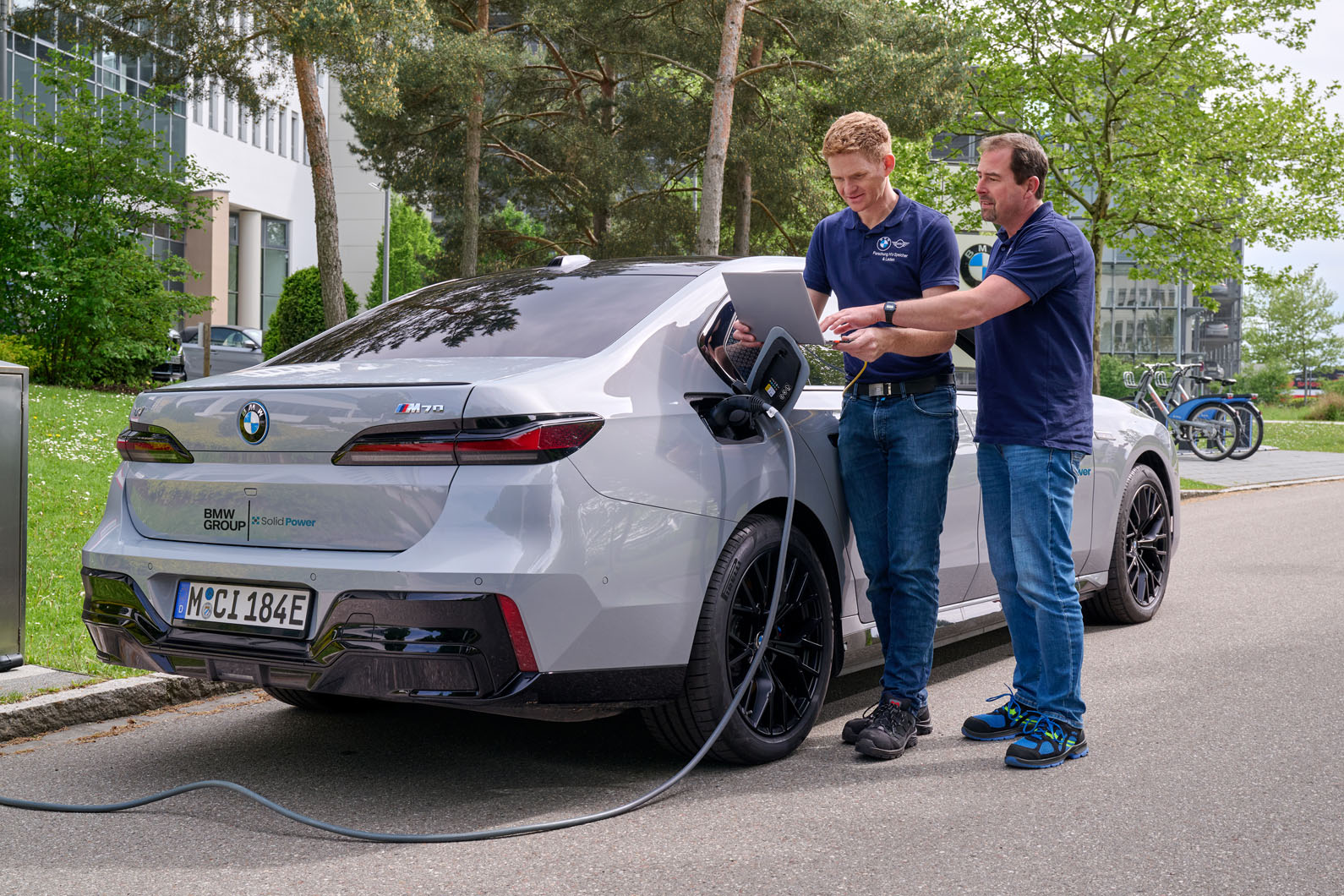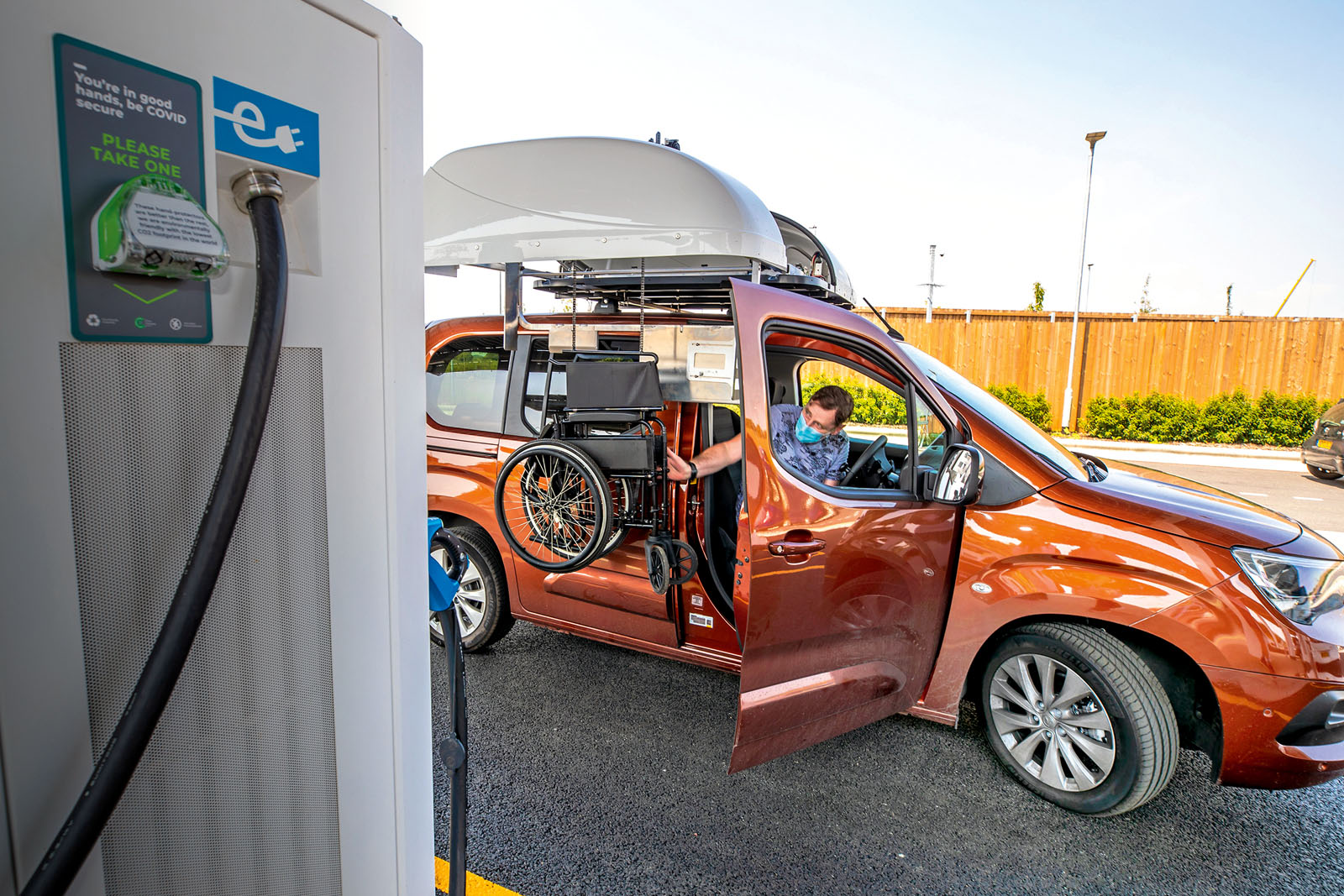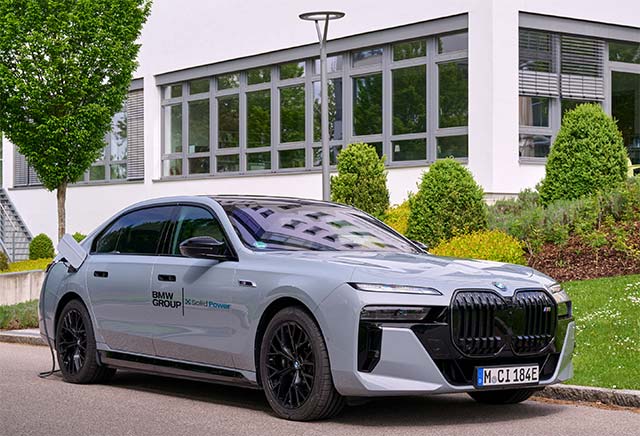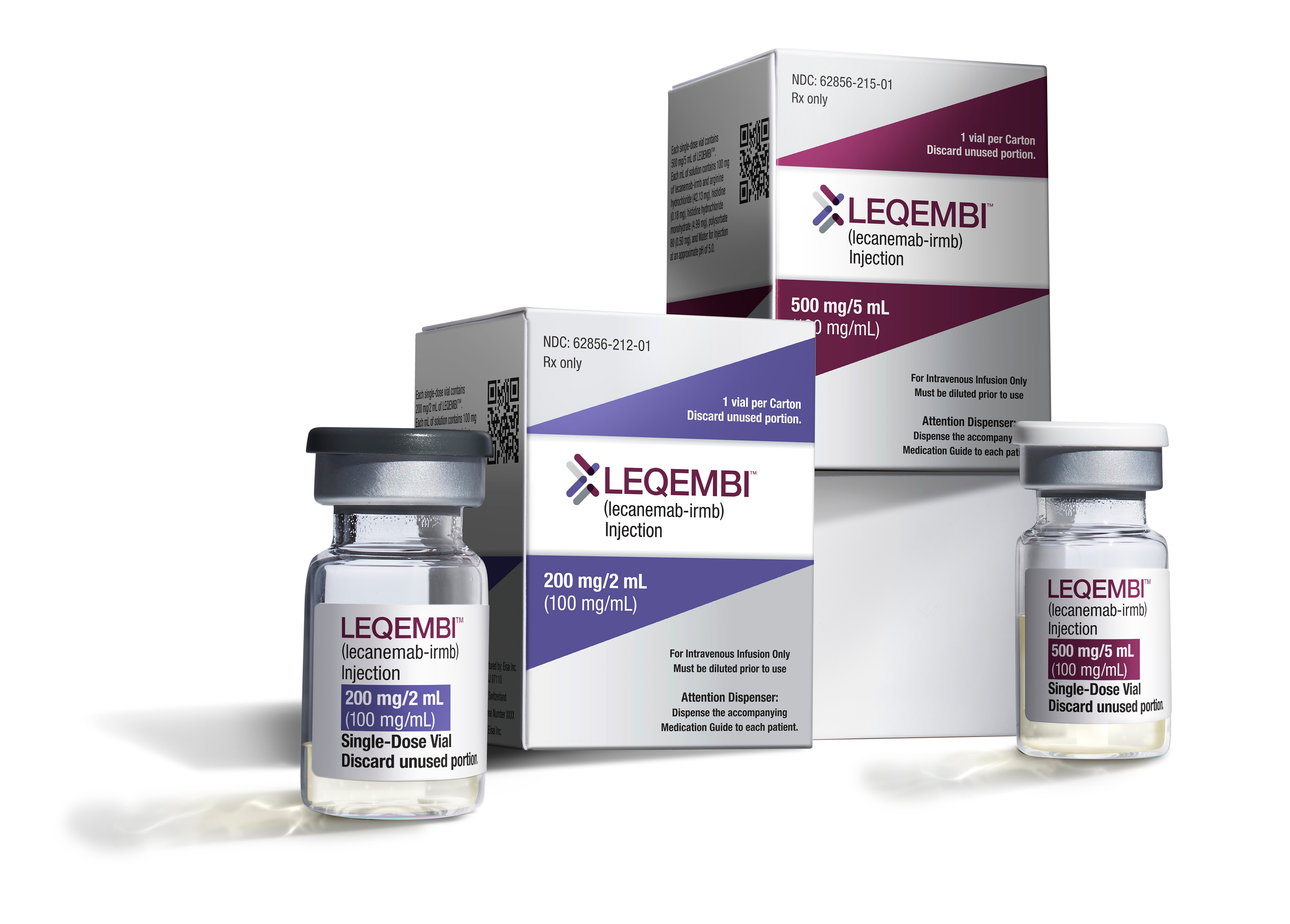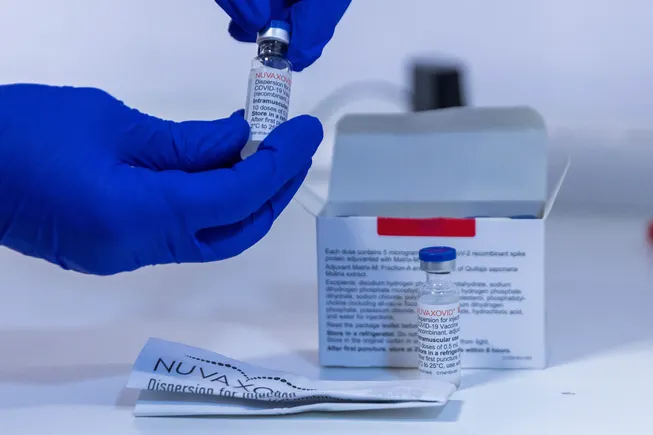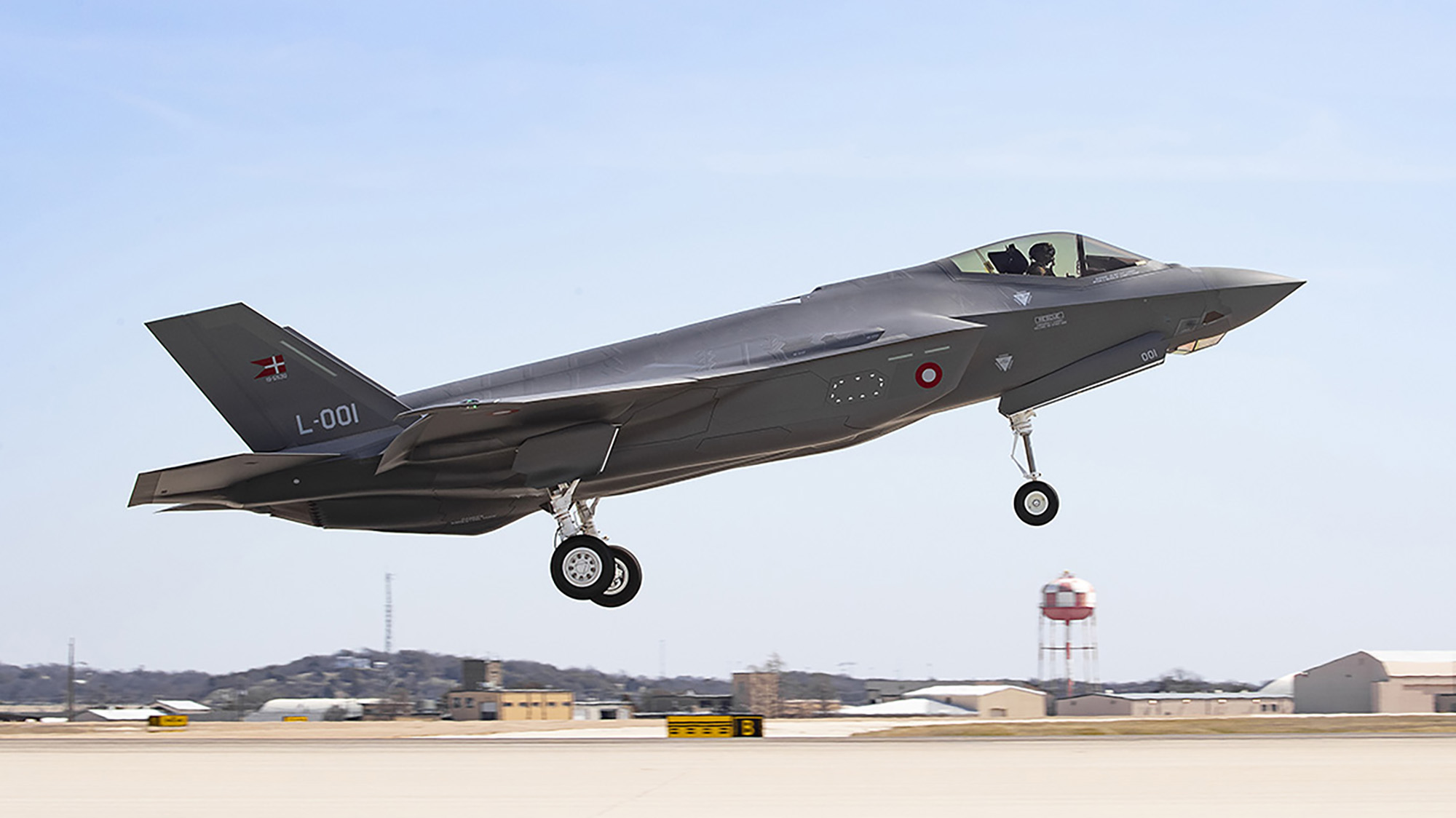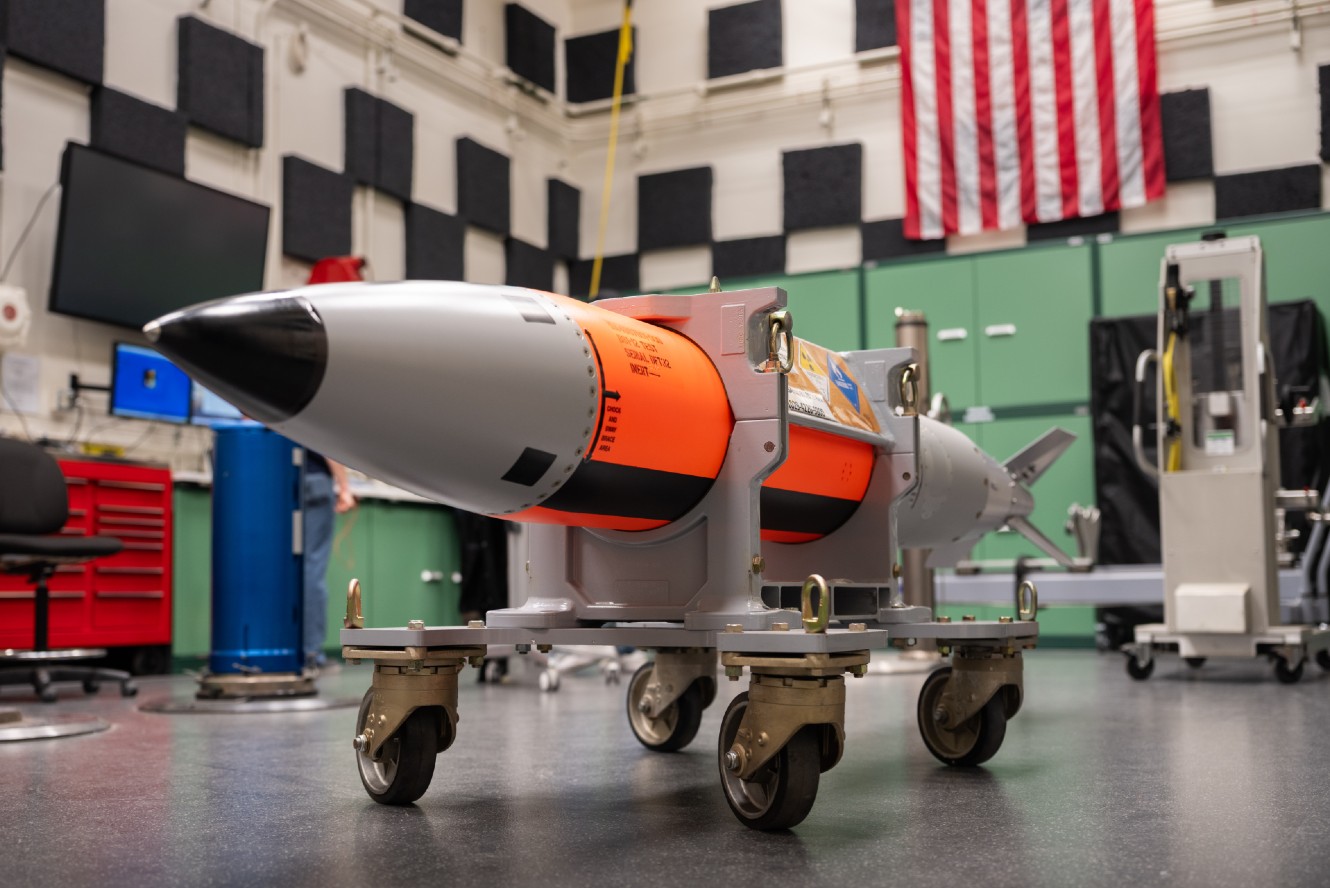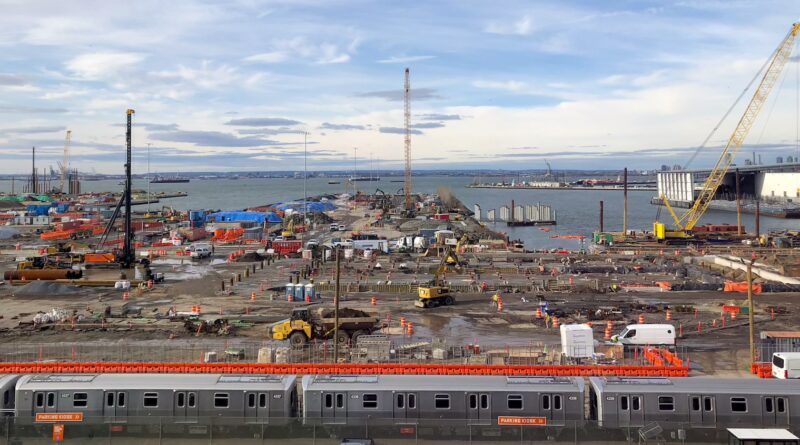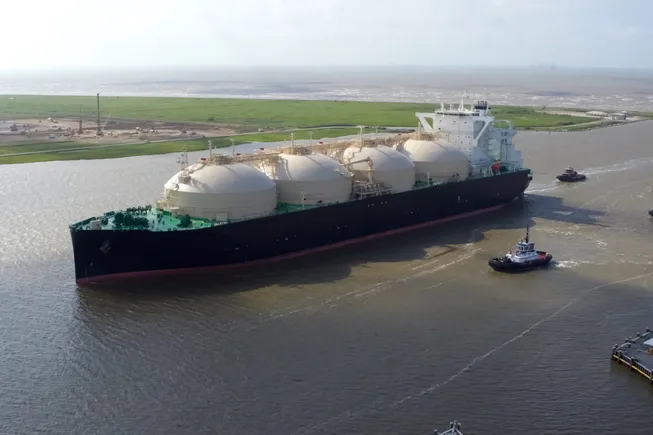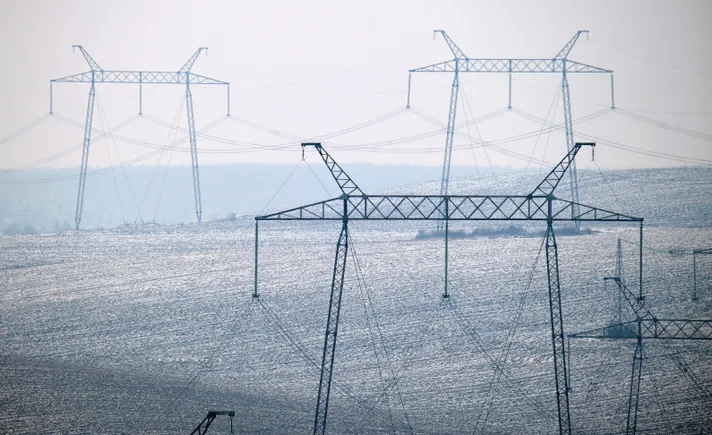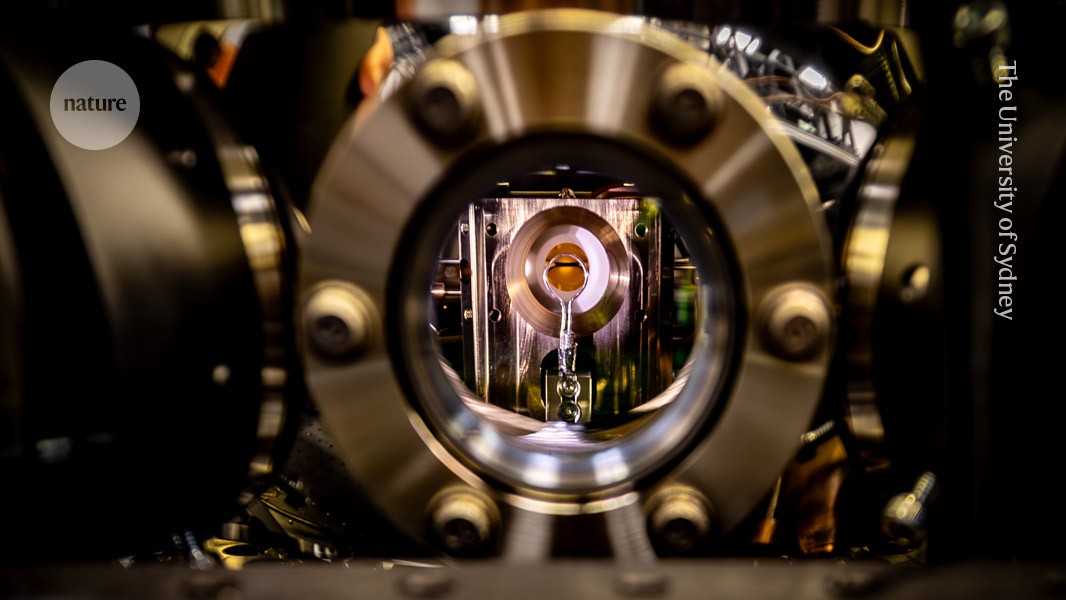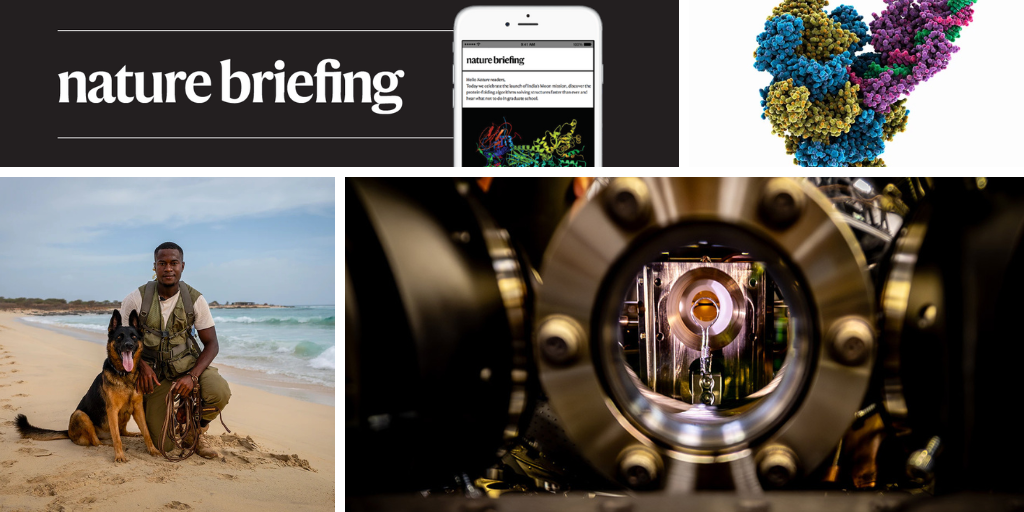Beyond Mechanics: Inherently HF‐Phobic Si with Minimized Corrosion for Stable Li Storage
Advanced Energy Materials, EarlyView.

This work develops inherently corrosion-resistant Si (ICR-Si) microparticles that thermodynamically block HF corrosion, interrupting the hydrolysis chain reaction at the origin and suppressing HF accumulation, thus minimizing Si and SEI corrosion, enabling exceptionally prolonged rest intervals and high-temperature cycling stability. The coupled chemical-mechanical failure mechanism proposed further offers a paradigm shift toward better anodes by addressing chemical corrosion beyond mechanical failure.
Abstract
High-capacity silicon (Si) anodes remain challenged by cycling stability and calendar life, despite extensive research on mechanical stabilization, mainly due to poorly understood and unresolved chemical corrosion (particularly involving HF) and its complex interactions. Herein, we propose a thermodynamically HF-phobic strategy by infiltrating trace magnesium (Mg) into Si microparticles to obtain inherently corrosion-resistant Si (ICR-Si) with lower HF adsorption energy and a more positive Gibbs free energy of reaction with HF. This fundamentally suppresses the reactivity of Si with HF, interrupting the chain hydrolysis-corrosion processes and minimizing the corrosion of Si itself and solid electrolyte interphases. We reveal a coupling effect between chemical corrosion and electrochemically mechanical cracking. ICR-Si achieves remarkably mitigated particle fracture. Accordingly, superior intermittent cycling stability with extended rest periods and high-temperature cycling over 500 cycles at 45 °C are achieved without additional protection. This work offers a paradigm shift toward better anodes by addressing chemical corrosion beyond mechanical failure.













